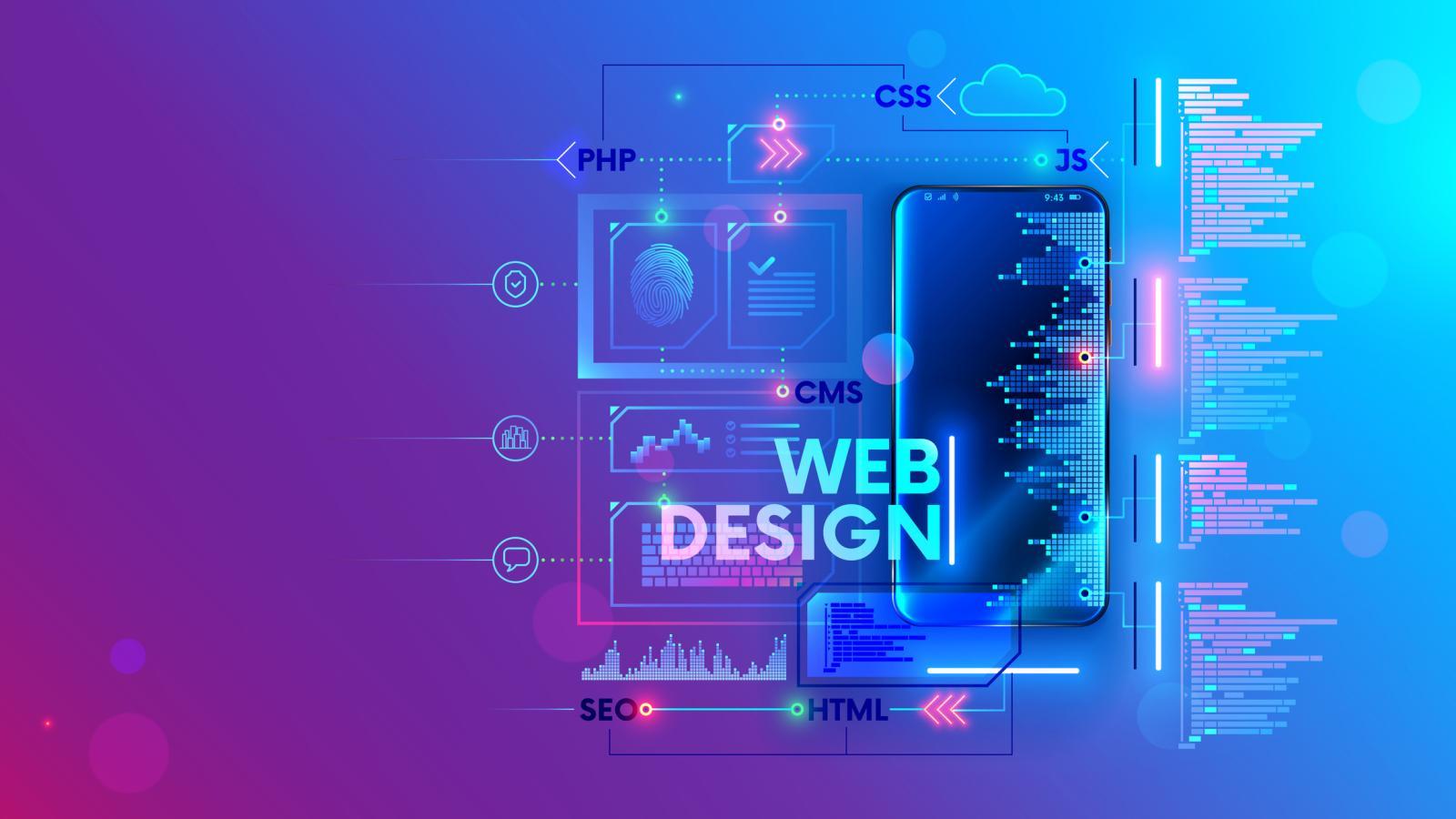
Website Personalization Strategies That Make An Impact
Jaime Escott - 5 Min read

Most of our experiences in today’s world are personalized, from your morning coffee order down to the spam in your inbox. But website personalization is not just a marketing tactic trend to soon be replaced by the next fad. More than just a buzzword this strategy is changing the game for B2B and B2C companies alike. But like all marketing techniques, great reward only comes to those who use the technique strategically. Too often the marketing technology is wasted on gimmicky personalization just to demonstrate its feasibility rather than drive results. In this article, we’ll dive into strategic website personalization and the benefits it can reap for both your company and your audience.
What is personalization?
Personalization is the collection of user data such as geolocation, site behavior, past purchases, uncompleted goals, etc., and applying it to create tailored experiences on mobile apps, emails, digital ads, and websites. Not to be confused with customization or individualization, website personalization is dynamic content that creates more relevant experiences for various audience segments that feels in line with what they are seeking and interested in.
How is it done?
While businesses may all have a similar objective, e.g., increase revenue, not all use cases are created equal. What may be an effective CTA or image to personalize on one website may not mirror the same benefits for another. Keeping your business goals top of mind while beginning your website personalization journey will help to steer you away from gimmicky updates and keep your tactics aligned with your overarching objectives. Strategizing and implementing custom web experiences that directly correlate with your business goals will take your website and user experience to the next level.
Benefits of website personalization
Customers place a high value on companies that make them feel appreciated and acknowledge their distinct interests, desires, and motivations. As a result, marketers are turning to personalization to better predict and respond to customers’ needs, which has fast become an industry standard. Website personalization offers users a more catered experience, providing them with relevant product/services or content recommendations based on their previous actions or demographics. After reviewing your business objectives, you can select website personalization tactics that will soothe your pain points and bring you closer to your goals. Below we’ve outlined the major benefits of implementing website personalization that are likely aligned with the goals you have in mind.
Increase conversion rates
The ultimate benefit of website personalization for you and your organization is high conversion rates across landing pages and CTAs. Your website's landing pages are often your first impression to new users, and customized experiences may help you stand out. Personalizing your landing pages with tailored calls to action will guide users to the actions you want them to complete on your site in order to convert them into leads.
While a carefully crafted CTA might entice a large number of your audiences, it’s unlikely that it fulfills the purpose of every visitor. Having dynamic CTAs that cater to users depending on their place in their user journey will guarantee better conversion rates and help guide them quickly down the funnel. For example, a user visiting your site for the first time is likely in the research stage and is looking to find out more about your products or services. In this instance, a ‘Request a Demo’ or ‘View Our Services’ will lead them to exactly the content they were looking for. In opposition, a returning user who is not yet a customer already knows what you offer so they’re more likely to engage with a CTA such as ‘start a free trial’ or ‘view testimonials’. This is giving them the nurturing they need to be convinced of your value. HubSpot’s study of over 330,000 calls to action shows that smart CTAs have conversion rates far above the average, converting 202% better than default versions.
Image source: hubspot
Improve user experience
An improved user experience paired with relevant content can guarantee lower bounce rates and extended session duration - all of which will bring you more website visitors. With today’s continually shrinking attention spans (Learn more about the impulse generation) it’s more crucial than ever that users can find what they are looking for intuitively and quickly, otherwise they will look elsewhere. Implementing website personalization to suggest relevant content based on their user data will ensure your leads are being properly nurtured and increases their chances of entering your sales funnel. This is especially crucial if your business offers a wide variety of products or services, as no one wants to dig through a massive content library or page after page of products that aren’t relevant to them. Use your customer data to show them recommend the product categories or industries they care about. This can not only keep them from abandoning your site but additionally, your website time spent can be increased, customer loyalty can be enhanced, and a higher retention rate can be achieved.
Below are three examples of how law firm Foley Hoag implemented a personalization strategy to improve their website’s user experience. We hope these examples can spark some inspiration on how you can improve your user experience through personalization
Examples
Featured News and Insights
Rather than recommending articles simply because they are more recent, this personalization strategy features news and insights that have been tagged as relevant based on user data.
Attorney Bios
Rather than having to click into each attorney bio to find a list of products or services, implementing a personalization strategy will showcase relevant practices and industries based on the user’s previous behavior
Featured practices and industries
The personalization strategy here will highlight the area of expertise that the user is interested in, in the intro paragraph of each attorney bio.